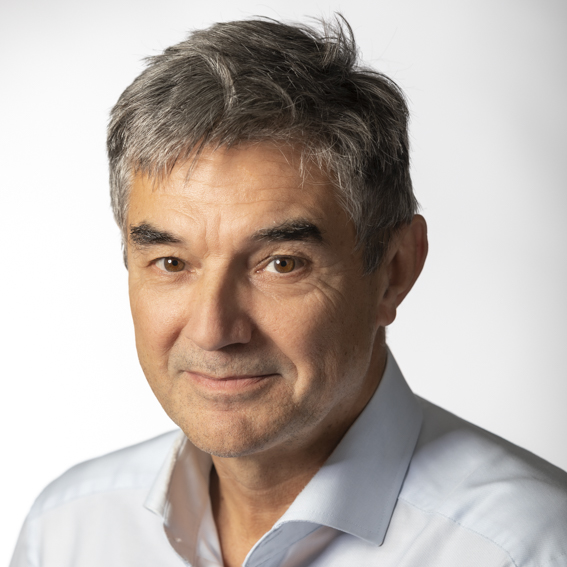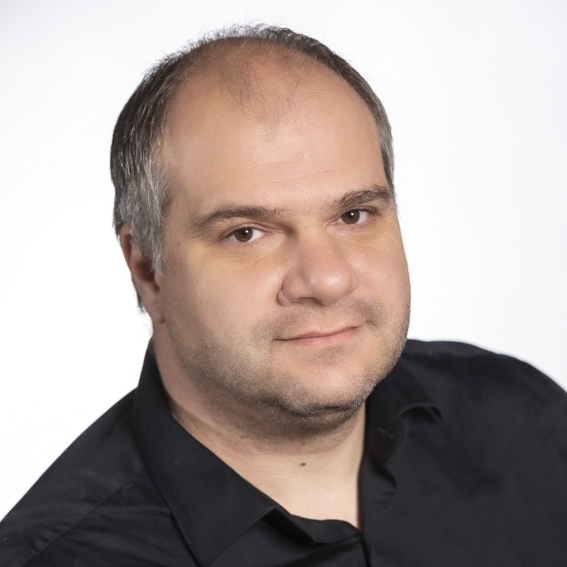Our research teams are working on the following questions:
The threat of bacterial infections and antibiotic-resistant microorganisms is omnipresent and research in this field is therefore essential. By studying molecular mechanisms and life cycles of such pathogens, we identify targets for the development of new antimicrobial treatments. Our focus is on bacterial adaptation depending on host and environmental factors, physiological and regulatory systems and membrane-associated structures. In particular, we analyze Vibrio cholerae and Haemophilus influenzae, two relevant human pathogens.

Ao.Univ.-Prof. Dr.rer.nat. Ellen Zechner
Our research focuses on two main areas: First, we investigate the interaction between healthy gut flora and pathogenic microorganisms, in particular Klebsiella oxytoca, in antibiotic-associated hemorrhagic colitis. Secondly, we are investigating protein and DNA transfer via type 4 secretion systems, in which bacteria transport effector molecules into other cells. Our methodological approaches include genetic, microbiological, biochemical and structural biological methods. We investigate conjugative gene transfer and the spread of antibiotic resistance, bacterial adherence and biofilm formation on medical implants (e.g. urinary catheters), and infection mechanisms of bacterial pathogens such as Campylobacter fetus in humans and animals.
Our laboratory investigates the molecular basis of bacterial pathogens and their adaptation to the environment and the host. One focus is on the outer membrane of Gram-negative bacteria, in particular Vibrio cholerae and Haemophilus influenzae. Using a timed transcriptional reporter system, we study gene regulation along the life cycle of V. cholerae and correlate it with survivability, biofilm formation, metabolic pathways and virulence. This has led to a vaccine project based on outer membrane vesicles, which has been extended to other Gram-negative bacteria. In collaboration with other groups, we share our know-how on biofilms and animal models, develop in-vivo studies for different bacterial pathogens.

Ao.Univ.-Prof. Dr.phil. Guenther Koraimann
Horizontal gene transfer (HGT) plays a central role in bacterial evolution, primarily through conjugative gene transfer via the type IV secretion system. This mechanism, mediated by conjugative plasmids or integrative conjugative elements, promotes the efficient spread of genes, including antibiotic resistance and virulence. Our laboratory investigates the regulation of conjugation through the activation of transfer genes and performs structure-function studies on key proteins for DNA transfer. Our model is a conjugative resistance plasmid in enterobacteria. In addition, we use molecular genetic methods to analyze the activation of cellular stress in host cells by conjugative plasmids and the relationship between cell division and heat shock regulon in Escherichia coli.
AG Reidl
AG Zechner
AG Schild
AG Reidl
Fengler, Vera Heike Ingeborg, Mag. Dr.rer.nat.
Steflitsch, Sophie, MSc. (EK Fengler)
AG Zechner
AG Koraimmann


